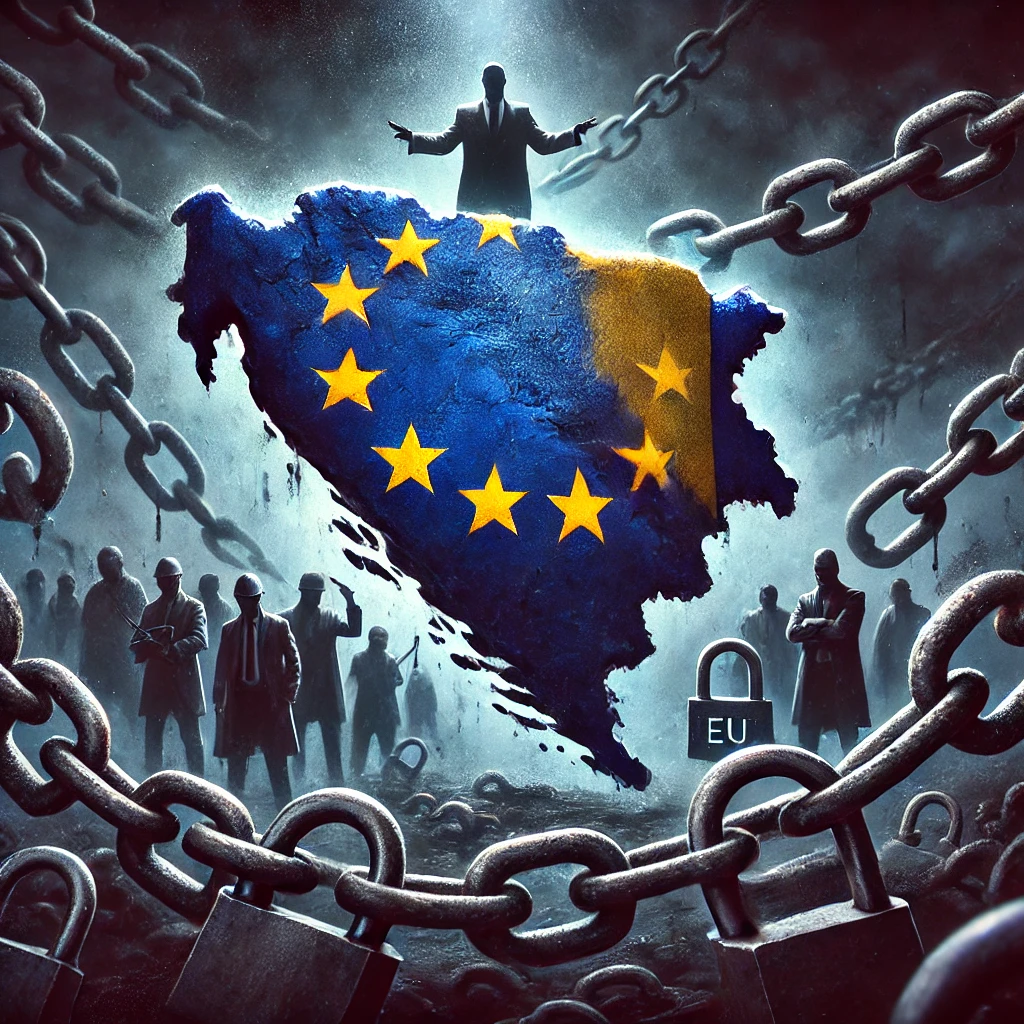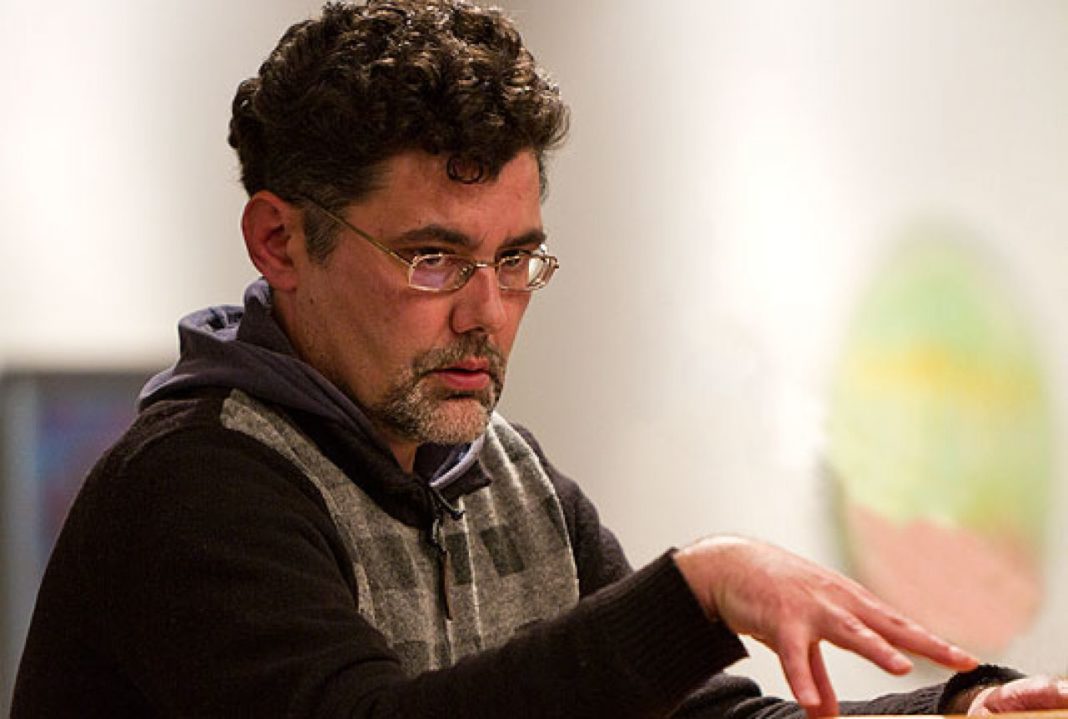 While Serbs are actively erasing every trace of “state-level” Sarajevo from the territory of Republika Srpska and Bosniaks continue their colonial dream of a unitary Bosnia, where the High Representative does their dirty work, Croats are sitting on the sidelines, waiting for someone to inform them whether they are still a political nation or just a folkloric exhibit for EU brochures.
While Serbs are actively erasing every trace of “state-level” Sarajevo from the territory of Republika Srpska and Bosniaks continue their colonial dream of a unitary Bosnia, where the High Representative does their dirty work, Croats are sitting on the sidelines, waiting for someone to inform them whether they are still a political nation or just a folkloric exhibit for EU brochures.
If there is anyone left in Croatian politics who has not succumbed to collective insignificance, it is political scientist Dražen Pehar—the only voice currently defining reality as it is, rather than as Zagreb’s armchair patriots and Brussels bureaucrats would like to see it.
Bosnia is a Pseudo-State, and Croats Have Declared Themselves Nonexistent
“Bosnia and Herzegovina has never emerged from a ‘state of war’,” says Pehar, emphasizing that war is not just about gunfire and shelling but also a political condition where no basic agreement on coexistence exists. The three constituent peoples still don’t share a state—they merely share the same walls.
“Judging by the last 20 years of behavior by their political representatives, Croats have already declared themselves nonexistent or insignificant in Bosnia and Herzegovina,” Pehar adds, pointing out that Croatian politics has been reduced to waiting for someone else to solve the Croat question—be it Brussels, OHR, Belgrade, or Sarajevo.
Bonn Powers Are an Assault on the Constitution, But No One Talks About It
While Sarajevo hysterically shouts about “undermining the constitutional order” whenever Serbs take a sovereignist step, Pehar asks a fundamental question—what if Bosnia and Herzegovina was never a functional state to begin with, but merely an experiment of the international community?
“Bonn powers, which aren’t actually ‘powers’ but self-imposed, usurped authority, represent the real and fundamental attack on the Constitution,” Pehar states, reminding that these so-called powers were introduced in late 1997 when the international community decided not to develop Bosnia as a sovereign state but as a laboratory project where foreign bureaucrats make decisions instead of the people who live there.
And while Dodik is willing to take concrete steps to rid himself of colonial rule, Croatian representatives continue to play the role of silent observers who, as usual, refuse to step out of the predetermined paradigm.
Croatian Politicians – Professional Spectators of Their Own Demise
Pehar, to the likely horror of those who still believe in Brussels fairy tales, has said something everyone knows but no one dares to say:
👉 “The story of Bosnia’s EU accession is a pure fairy tale, and anyone with minimal common sense knows it.”
Bosnia is moving further away from the EU—not because it has failed to meet conditions, but because the EU itself is incapable of absorbing another non-sovereign protectorate without internal consensus or basic functionality.
👉 “States were never created through the decrees of uninvited and unelected foreigners.”
Yet Croatian politics continues to wait. Waiting for Schmidt to solve its problems, waiting for Brussels to bring a solution, waiting for Belgrade and Sarajevo to sit down and decide on its behalf. Waiting to become what it already is—nonexistent.
Final Question: If Bosnia Doesn’t Exist, What Are Croats Doing in It?
If Croats refuse to move and start leading their own policies instead of following those dictated by international intermediaries, Bosnia will continue its trajectory from a colonial protectorate to a failed experiment, while the Croatian people in Bosnia and Herzegovina will face a choice—political extinction or complete withdrawal from their own fate.
Perhaps one day, someone will take Pehar seriously. Until then—the house is burning, and the fiddlers keep playing.
Who is Dražen Pehar?
 Dražen Pehar is a political scientist, philosopher, and expert in international relations. He is the author of the book “Peace as War – Bosnia and Herzegovina in the Post-Dayton Era,” where he provides a detailed analysis of how international interventions have turned Bosnia into a pseudo-state and how unelected foreign bureaucrats have taken on the role of constitutional judges, political strategists, and lawmakers—with often disastrous consequences.
Dražen Pehar is a political scientist, philosopher, and expert in international relations. He is the author of the book “Peace as War – Bosnia and Herzegovina in the Post-Dayton Era,” where he provides a detailed analysis of how international interventions have turned Bosnia into a pseudo-state and how unelected foreign bureaucrats have taken on the role of constitutional judges, political strategists, and lawmakers—with often disastrous consequences.